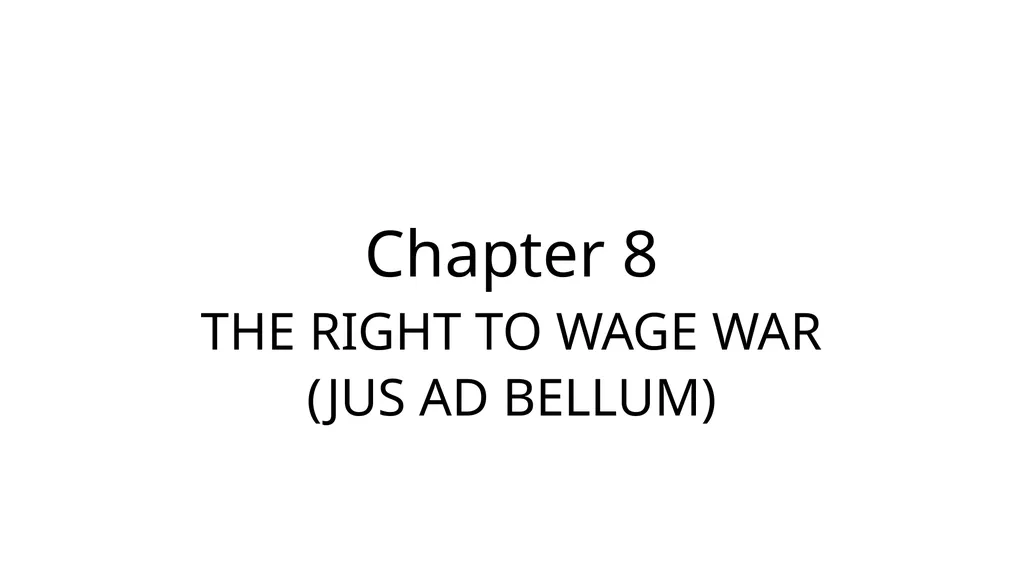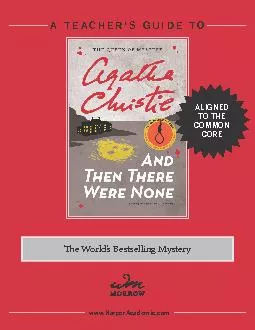
Author : marina-yarberry | Published Date : 2025-08-06
Description: Chapter 8 THE RIGHT TO WAGE WAR (JUS AD BELLUM) Learning Objectives The UN Security Council holds the power of the UN. The UN and International Law constraints on waging war are important. They do not affect US law and thus we are onlyDownload Presentation The PPT/PDF document "" is the property of its rightful owner. Permission is granted to download and print the materials on this website for personal, non-commercial use only, and to display it on your personal computer provided you do not modify the materials and that you retain all copyright notices contained in the materials. By downloading content from our website, you accept the terms of this agreement.
Here is the link to download the presentation.
"Chapter 8 THE RIGHT TO WAGE WAR (JUS AD BELLUM)"The content belongs to its owner. You may download and print it for personal use, without modification, and keep all copyright notices. By downloading, you agree to these terms.













